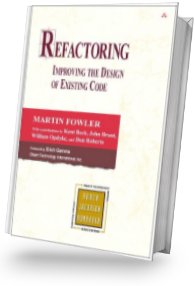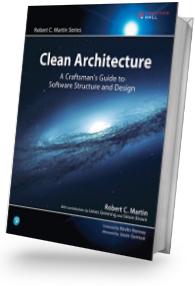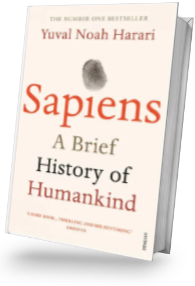Software engineering
Yes, that’s right, “engineering,” not “coding.”
It should be clear by now that software development is an engineering discipline, but if it is not, we are sure that ChatGPT and other emerging AI technologies will make the difference between “coding” and “SW engineering” crystal clear.
At Logeecom, software engineering is one of the four main knowledge areas, and we apply sound knowledge management principles to broaden and deepen our software engineering expertise and optimize the use of this knowledge. In this way, we make our software-related services even more valuable to our customers.
Specializing in the engineering of products and solutions for businesses
To excel means to have both a general understanding of the relevant knowledge areas and specific expertise in applying that knowledge in a particular area. Logeecom’s current focus is on the engineering of business applications. In other words, we engineer products and solutions that cover or facilitate a specific subset of processes (sales, marketing, logistics, production…) within business organizations.
Relying on proven knowledge sources as well as our own knowledge base
The structure of our software-related knowledge is best understood by checking our software engineering skill graph:
To be clear: we are not reinventing the wheel. Software engineering is no longer a young discipline, and there are enough high-quality sources of knowledge that we exploit. Each of these sections is well covered with relevant books and other materials.
Software Architecture in Practice
Guide to software architecture that covers the entire software development lifecycle and helps in making strategic design and decisions in complex systems.

Refactoring
Manual on code improvement. It offers actionable strategies to transform a mediocre codebase into an efficient, robust one.

Clean Architecture
A practical guide to software architecture that can help you build flexible, maintainable and scalable systems.

Sapiens
Featuring macro to micro tour of human history, this book adeptly zooms in on details and out to the big picture, showcasing our evolution’s logic and intrigue.

Undeniably, people are at the heart of everything

“As someone who has climbed the ladder of software engineering in both academia and industry, I see software engineering as an intricate dance that involves people, their skills, their creative energy and their communication skills. Managing an engineering team is not just about understanding code but also the people who write it, the challenges they face and the dreams they want to realize in their careers. Our constant goal is to find a balance between individual ideas, team cohesion, client expectations and the evolving technical environment. At Logeecom, we have succeeded in creating a system that unleashes outstanding technical skills in parallel with what we call a “breath-of-fresh-air culture.” Certain negative environmental factors due to high market demand stood in our way. It took us time and a lot of energy, of course, but for me, this was and is the most inspiring journey of my career.”
 Andrija PapićChief Engineering OfficerLogeecom Belgrade
Andrija PapićChief Engineering OfficerLogeecom BelgradeTrust but verify
The most valuable references come from those who have a deep understanding of this specific area of expertise.

Our partnership with Logeecom was characterised by professionalism and commitment from the very beginning. The team quickly got to grips with our requirements and developed innovative solutions that were perfectly tailored to our needs. For us, Logeecom is synonymous with reliability and quality – a clear recommendation!

FAQ
In our FAQ section, we strive to provide answers to some of the most common and interesting questions that may be relevant to the visitors of this site. Our ambition to eliminate (or at least reduce) pollution from information overload is our guiding principle for online and offline communication and is scrupulously adhered to in this area as well.
What impact does AI technology have on the SW engineering process at Logeecom?
Logeecom is currently evaluating several AI solutions to facilitate certain processes in software engineering. Although we expect to work in a hybrid mode soon, we do not expect AI to replace software engineering experts in the near future.
Which programming languages are used for SW development?
Our software engineering projects mainly focus on three core technologies: .NET, PHP, and JavaScript, along with their corresponding frameworks. While we work with other languages as well, our expertise in these three technologies is particularly strong.
Which DevOps environments do you use?
We have relevant experience in the most well-known DevOps environments: Microsoft Azure, Amazon Web Services (AWS), Google Cloud Platform, Docker and Kubernetes.